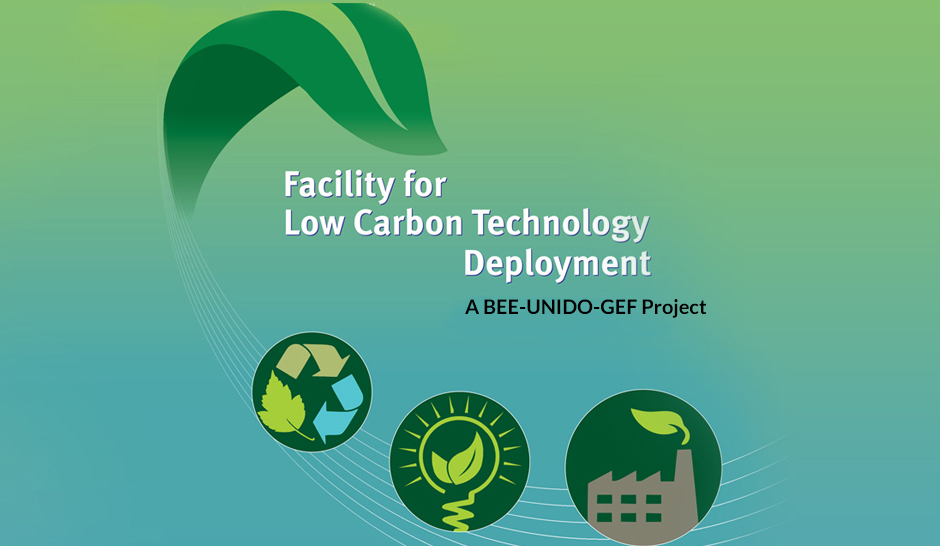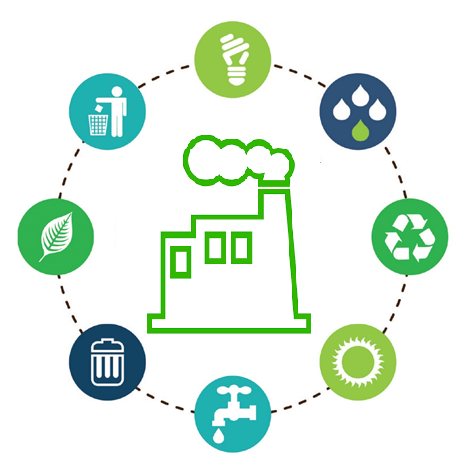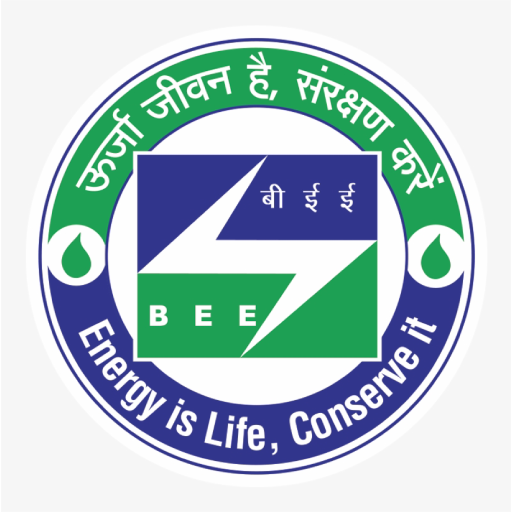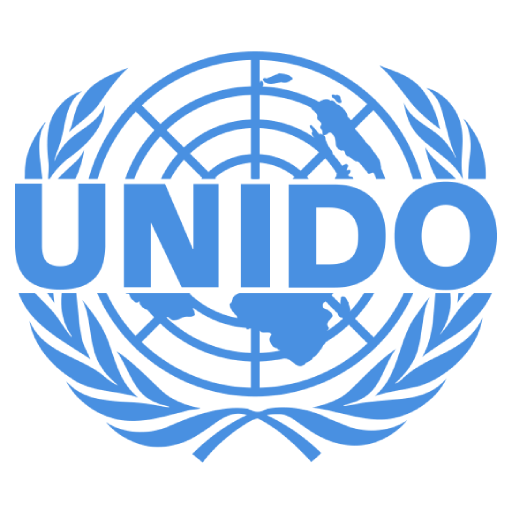About FLCTD
- Facility for Low Carbon Technology Deployment (FLCTD) is jointly implemented by the Bureau of Energy Efficiency (BEE) and the United Nations Industrial Development Organization (UNIDO).
- FLCTD is supported by the Global Environment Facility (GEF).
- This 5-year project aims to promote innovation of low-carbon technologies and its deployment in industrial and other related sectors of Indian economy.
- The project will conduct annual 'Innovation Challenge' competitions that will identify innovative low carbon technologies and solutions to improve efficient end-use of energy, which in turn will help to reduce greenhouse gas emissions in the long run.
- The project will promote the deployment of winning technologies.































 2025 FLCTD. All rights reserved.
2025 FLCTD. All rights reserved.